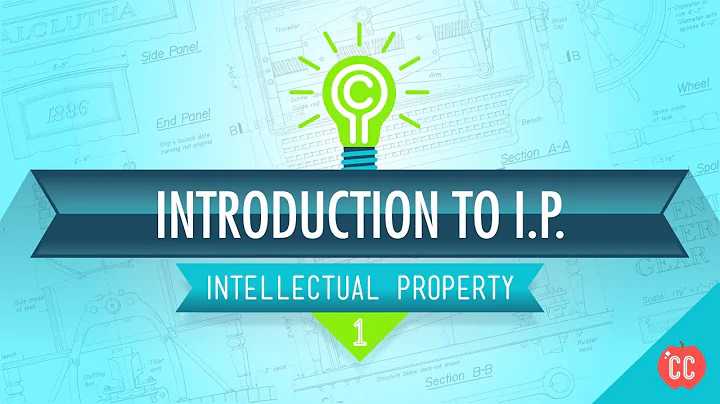intellectual property?

1. Legal restrictions
Although intellectual property rights are a private right, the law recognizes its exclusivity because human intellectual achievements are particularly public and closely related to the development of social culture and industry, so they are not suitable for anyone to monopolize for a long time, so the law There are many restrictions on intellectual property rights:
First of all, regarding the emergence of rights, the law defines various positive and negative promotion conditions and methods. For example, patent rights must be filed, reviewed, and approved in order to exist. There are several conditions for inventions, usage patterns and modes of granting patent rights (Articles 22 and 23 of the Patent Law), and patent rights are not granted to certain entities (Article 25 of the Patent Law). Although there are no restrictions on copyright application, investigation and registration, there are restrictions in Articles 3 and 5 of the " Copyright Law ".
Secondly, the law makes special provisions on the duration of rights. This is a big difference between intellectual property and ownership.
Third, the debtor has specific obligations to use or apply for the application. The law provides that there is an authorization system for compulsory licenses or compulsory applications. The law also provides for a system of fair use of copyright.
2, legal characteristics
From a legal perspective, intellectual property rights also have three obvious legal characteristics:
First, the regional nature of intellectual property rights, that is, in addition to signing the international convention or bilateral and multilateral agreements, according to the country Rights acquired by law may apply only to the territory of that country and are protected by the laws of that country.
The second is the exclusivity of intellectual property rights, that is, only the debtor can exercise its rights, and no other person can exercise its rights without the permission of the debtor.
The third is the timeliness of intellectual property rights. The laws of different countries set a certain period for intellectual property rights, after which the rights automatically terminate.
"Intellectual property rights refer to the exclusive rights completed by creative works enjoyed by citizens, legal entities or other organizations in accordance with the "Knowledge Achievements Law". They are protected by law and shall not be infringed. For more questions, please contact Changshu Golden Accounting Room: 15851579551!





















